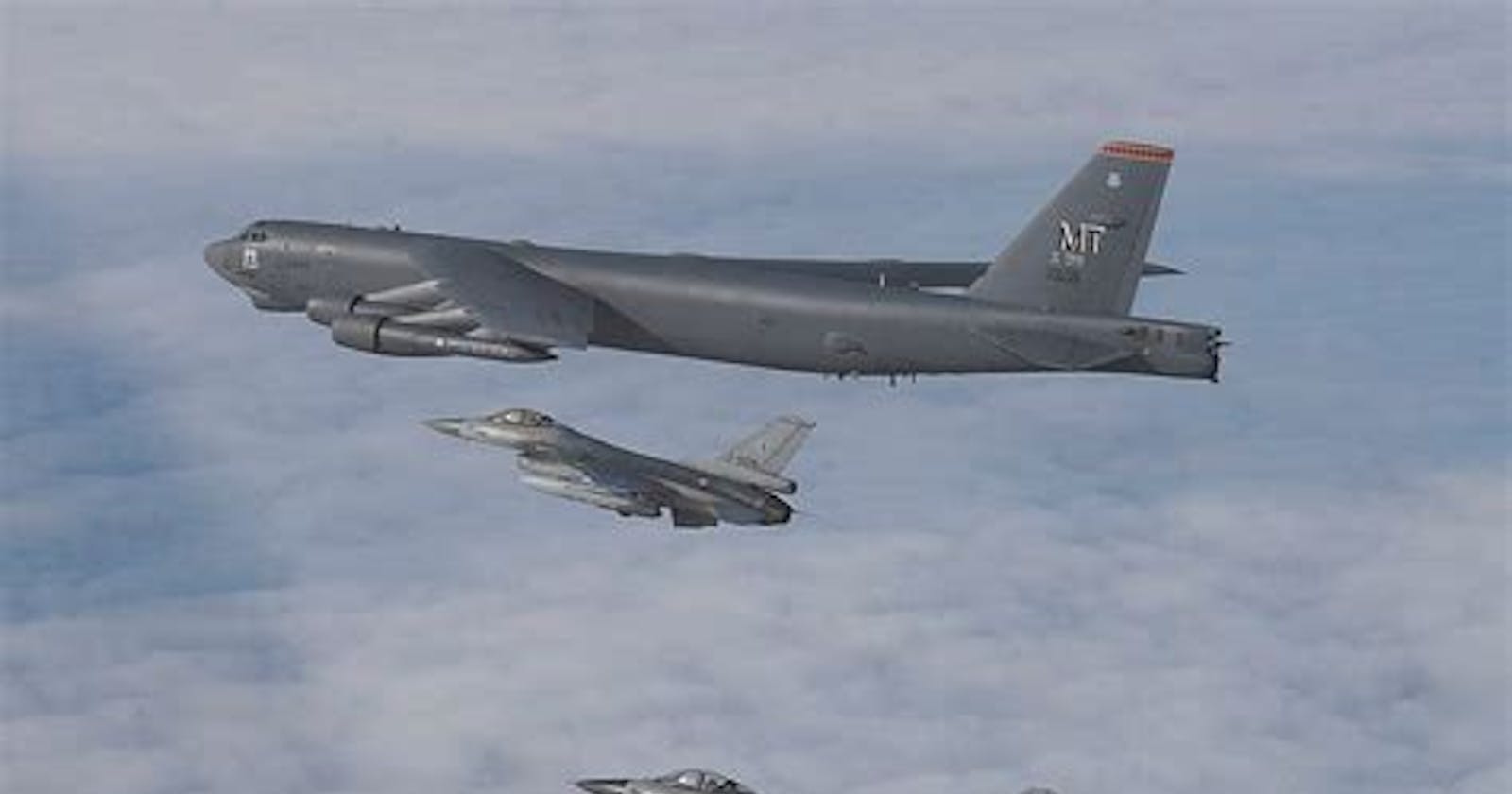Top 10 Reasons to Invest in Foreign Aid by Armani Willis for the Borgen Project, 10.19.7.20.
Table of contents
No headings in the article.
Top 10 Reasons to Invest in Foreign Aid
by Armani Willis for the Borgen Project, 10.19.7.20.
Disclaimer: The views, information and or opinions expressed in this article are those of the authors and do not necessarily represent those of Borgen and its affiliates, nor is it endorsed by Borgen. Readers should do their own research on any reporting, facts, and other information included in the article before forming their own opinions.
Any person that has picked up a book, or taken up a course on diplomacy in the ancient world, would know that the rudiments of international diplomacy are based upon the interactions of small city states in the ancient world. Today, those same interactions maintain the cohesiveness of society in the modern, global world economy. The same 10 reasons that foreign aid is important for the trade and diplomacy systems of a country are as follows.
1 It shows of a nation’s technological prowess.
When a country chooses to deliver foreign aid, it has chosen to prove that it can coordinate its sophistication in technology, that allows it to send tons of aid supplies across continents within hours. The ac130 bomber has demonstrated this capability in Ethiopia. It gives that nation more of a reason to invest in its own heavy industry, than just the construction and delivery of siege machines overseas.
2 It shows a nation’s friendliness and cooperativeness.
Choosing to deliver foreign aid to another country reflects the empathy of people in that country and its leaders, and its ability to understand the needs of not only its own people, but the needs of others around them, such was the case with the un supplying aid from Rwanda to Burundi.
3 It adds diplomacy points.
Successful transaction of foreign aid is an international and historic event. It may be recorded in the history books. Such an act may serve as a logistical move that can also gain the favor of groups interested or involved in this region, and it can be used to levy non charitable efforts where this region is concerned. This result has been evidenced in us aid to Afghanistan recently.
4 It staves off global terrorism.
When a country delivers aid to another country, it is a physical and provable display of interest in this region. The receiving country may also expect the donor to be a buffer to any of that nations other problems, according to usaid.gov, or this reason, a country with more donors does not fear as much from terroristic efforts such as piracy, raids, war, armageddon, or other artificial disasters, since more countries would be interested in their concerns.
5 It can show solidarity.
Often times, when country leaders feel that it is necessary or appropriate to donate, they find that they cannot situate themselves into a place to do so. Personal investment in foreign aid allows a country to better situate itself for future success and greater returns on its investments. These result are what has been seen by the New York Children's Aid Society in recent years. This includes offerings of foreign aid from other nations, and the ability to accept that aid.
6 It evens out the playing field.
It redistributes wealth not only from donor to recipient, but it also infuses wealth throughout the recipients local region. Like in the case of China’s blocking of aid to Myanmar. The donor’s buying power does not necessarily decrease, if the donation is handled carefully, but it is usually meant to increase the recipient’s buying power.
7 It can help stabilize nations in conflict.
Donating to a needy country shows the officials under you, your constituents, and other nations a clear gesture of your intentions in this region. It can help streamline policy and foreign decision making not only regarding this region, but it can serve as a bailout to the recipient as well. Like in the case of the landmark Lufthansa bailout. The recipient may use these new resources to advance the state of its own economy.
8 It boosts the charitable donations industry.
Why this is important is because finance itself is not fully governed by finance. Many important times in history, charitable events have help to drive incentive for ongoing business operations, like in a case where airline executives campaign for bailout funds from their governments. Financial bailout is a prime example of this. On a grass root scale, it also motivates infusion of wealth into a community and creates a returnable basis for the rebate of its products.
9 Sometimes, it is the ethical thing to do.
This goes especially in the case of an enemy nation. When physical resource has been depleted due to a war, and the premise for a ceasefire has been established, a nation may offer foreign aid as a way to reinvest in that country and its society. Such was the case with Germany in the 1950s. This tactic can drive off future incentive for war, and create an incentive for this enemy nation to reinvest in your nation. Thus, you become friend enemies.
10 It promotes future giving of foreign aid.
When a country sends foreign aid, it is a lead by example, of what to trade for a specific reason, and how that trade operation is carried out. Other nations now have incentive to see the wealth that they are not spending, and new ways to drive a global economy. This can sometimes be called soft power. They will also have new reasons to exercise their charitable industry, and thus heavy industry is propagated, which demands more trade.
The use of aid in recent history has been an easier, and more viable alternative to war, and a method for reducing war like tendencies all over the world. Aid strategies have been useful for stabilizing the risk likelihood of large transactions made on the international scale. Just in dealing with large transactions, they make enormous investment opportunity in companies and nations. Not only that, but aid, as opposed to war has kept nations profitable where nothing else would have worked, and these nations continue to drive the economy. Aid is investible because it is a barbarism free barrier to and replacement for war.
Tags: International, global, trade, historic, ethics, equity, diplomacy, diplomat, politics, country, region, industry.
About the Author: By Armani Willis of Mercy College for the Borgen project, Bachelor of IT as of 2019, freelance writer, video editor, and programmer, technical consultant.
Citations:
https://borgenproject.org/top-7-myths-and-misconceptions-about-africa/
https://www.qt.com.au/news/b21-raider-stealth-bomber-usaf-budget-calls-for-ea/3334051/
https://www.uloop.com/news/view.php/266848/10-Reasons-to-Invest-in-Foreign-Aid
https://www.youtube.com/watch?v=xCENFSAa7yA
https://www.rafbf.org/news-and-blogs/raf-carried-out-vital-food-drops-tackle-famine-ethiopia
https://www.ktpress.rw/2017/04/un-buys-food-aid-from-rwanda-for-burundi/
https://www.afsa.org/usaid-afghanistan-what-have-we-learned
https://www.usaid.gov/sites/default/files/documents/1868/CVE_-_Fact_Sheet_Revised_Nov_5.pdf
https://www.e-ir.info/2011/08/07/economic-revival-of-west-germany-in-the-1950s-and-1960s/
https://brill.com/downloadpdf/journals/hjd/14/1-2/article-p7_2.pdf
Discussions: Be the first to comment here.

